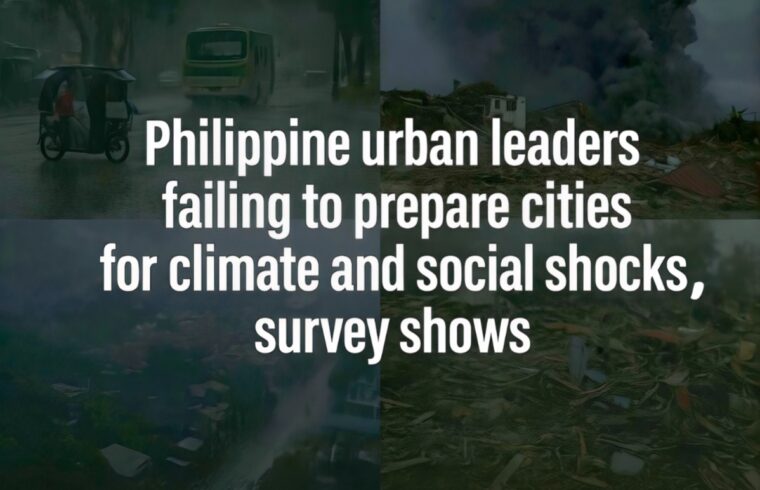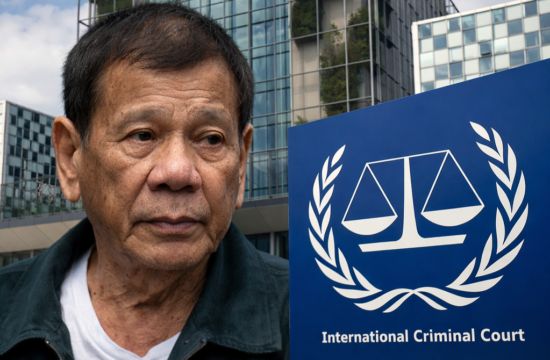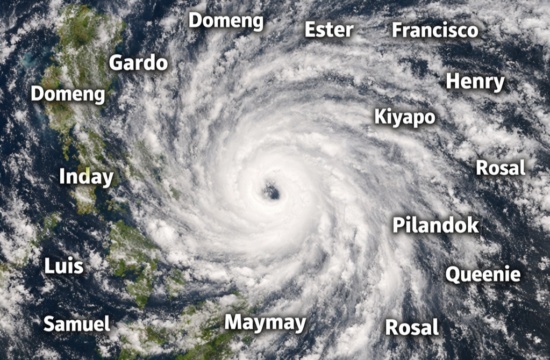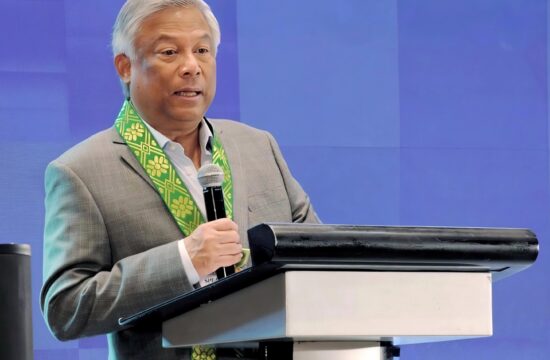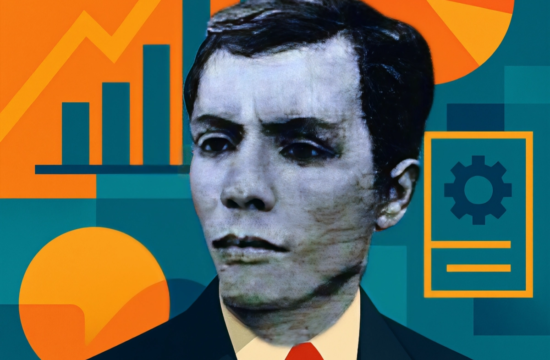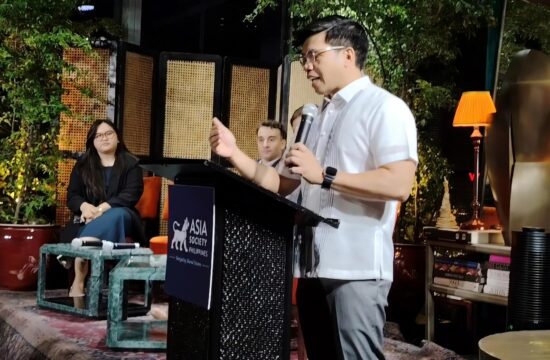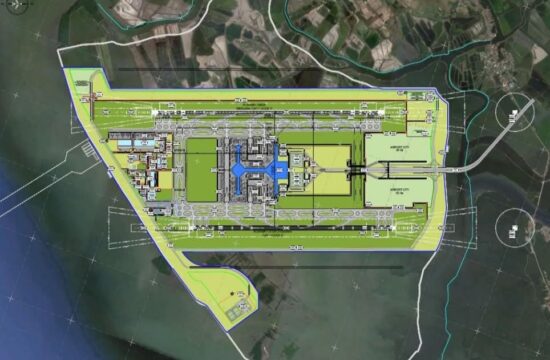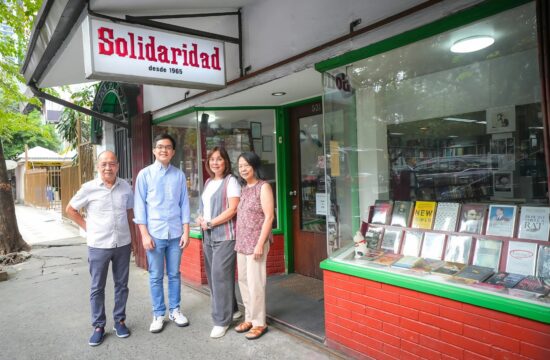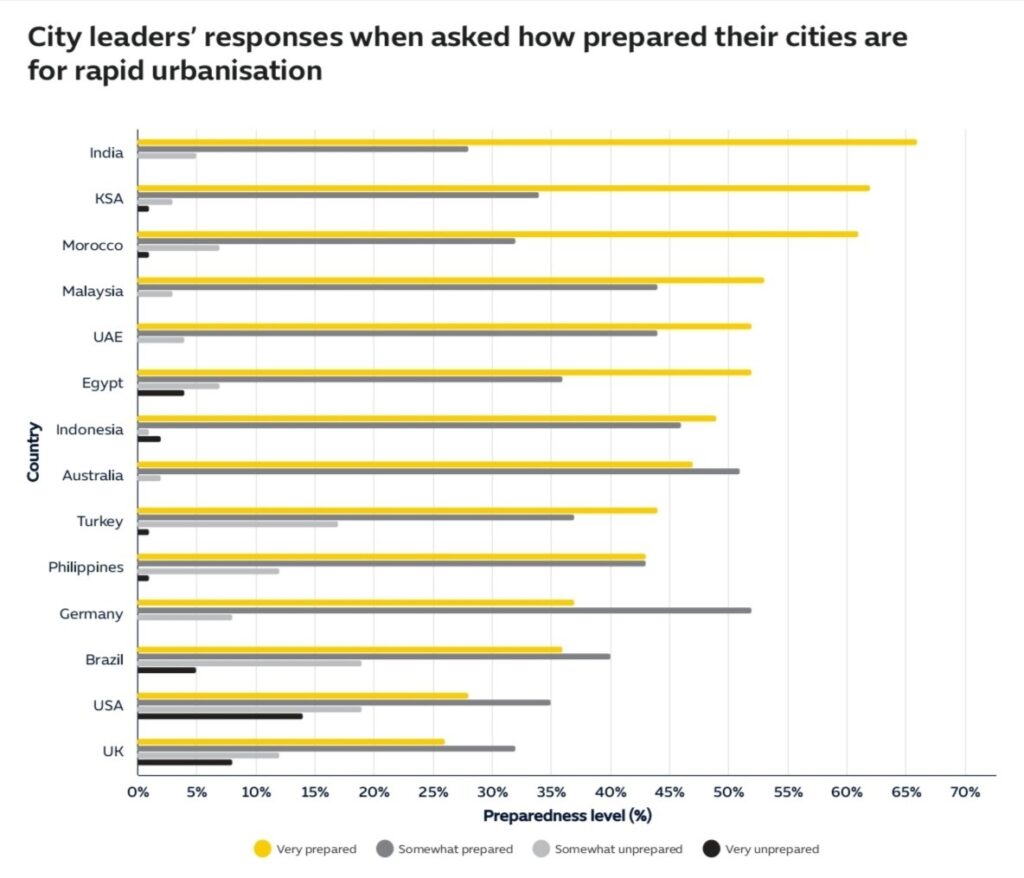
Balancing immediate urban needs with long-term climate and social resilience is proving difficult for city leaders in the Philippines, new findings from an Expo City Dubai global survey reveal.
The 2025 Urban Readiness Report, developed with YouGov and based on a survey of more than 1,000 city leaders worldwide, found that 81% of Filipino officials say a lack of funding is holding back progress toward future-proofing their cities — six percentage points higher than the global average. The report underscores the strain on local governments as they try to deliver daily services while confronting mounting environmental and economic risks.
Rapid urbanization has long defined the Philippine landscape, with more than half of the population now living in cities that remain vulnerable to flooding, heat and overcrowding. The report highlights how many local leaders remain focused on basic needs — from transport and housing to healthcare — at the expense of long-term climate adaptation and digital transformation.
“As cities absorb burgeoning populations, they are increasingly vulnerable to social and climate-related pressures,” said Nadia Verjee, executive director for Global Initiatives and Advisory at Expo City Dubai. “City leaders are grappling with limited funding for competing priorities, making it harder to deliver essential services while investing in solutions that can withstand environmental and economic shocks.”
Services under strain
The report reveals a recurring dilemma: leaders must maintain essential services while preparing for a future marked by stronger storms, heavier floods, and rising temperatures. In the Philippines, where many cities sit along coastal floodplains, the urgency is particularly acute. Yet for most officials, long-term investments are often sidelined by budget shortfalls and fragmented governance.
To bridge the gap, Philippine city leaders are turning to public-private partnerships to expand infrastructure, especially in healthcare, housing, and mobility. But the report notes that successful partnerships rely on consistent coordination and accountability — areas that many local governments are still developing.
Beyond funding, governance gaps remain a major barrier. While nearly two-thirds (65%) of Filipino city leaders say their cities communicate effectively with residents — higher than many peers in the region — public engagement often remains limited to specific projects rather than being built into long-term planning.
Human-centered but under-integrated
Human-centered design, focusing on wellbeing, safety, and inclusion, is gaining traction in the Philippines. The report found 79% of Filipino leaders prioritize such values, outpacing the global average of 71%. Still, fewer than one-third of leaders both locally and globally said they have embedded these principles across all planning decisions, suggesting that people-first policies often remain fragmented and reactive.
Economic inequality also weighs heavily on the urban agenda. City leaders identified it as the single biggest obstacle to building cohesive communities. Many Filipino officials view job creation and youth entrepreneurship as key to bridging that divide and making cities more resilient.
Digital divide persists
The report paints a mixed picture of digital progress. Around half of city leaders in emerging markets — including the Philippines — describe their cities as evolving from “smart” to “connected,” using real-time data and citizen participation platforms. But few have advanced to the “cognitive” stage, where predictive systems and AI-led services guide decision-making.
Globally, only 1% of leaders in advanced economies such as the United States, the United Kingdom, and Germany said they had reached this level, citing coordination failures and funding limits. In contrast, countries like India and Malaysia are moving faster, with many cities already using digital twins and predictive analytics to simulate traffic, pollution,lp and energy demand.
For the Philippines, experts say investing in data infrastructure and training could help local governments catch up, but this requires national support and policy consistency — both often lacking.
Summit to drive solutions
The findings will shape discussions at the 2025 Asia Pacific Cities Summit (APCS) and Mayors’ Forum, to be held from October 27 to 29 at Expo City Dubai under the patronage of Sheikh Hamdan bin Mohammed bin Rashid Al Maktoum, Crown Prince of Dubai. The summit aims to forge practical partnerships and share models that accelerate sustainable urban transformation.
Expo City Dubai — conceived as a blueprint for sustainable development — plans to use the survey’s insights to spark collaboration among cities worldwide, drawing on lessons from Expo 2020 Dubai and COP28.
For the Philippines, the stakes are high. The archipelago is among the world’s most disaster-prone nations, and many of its cities are already grappling with congestion, pollution, and fragile infrastructure. The report serves as a warning that without deeper reforms, funding innovation, and coordinated planning, the country’s urban centers may struggle to withstand the next wave of climate and economic shocks.

